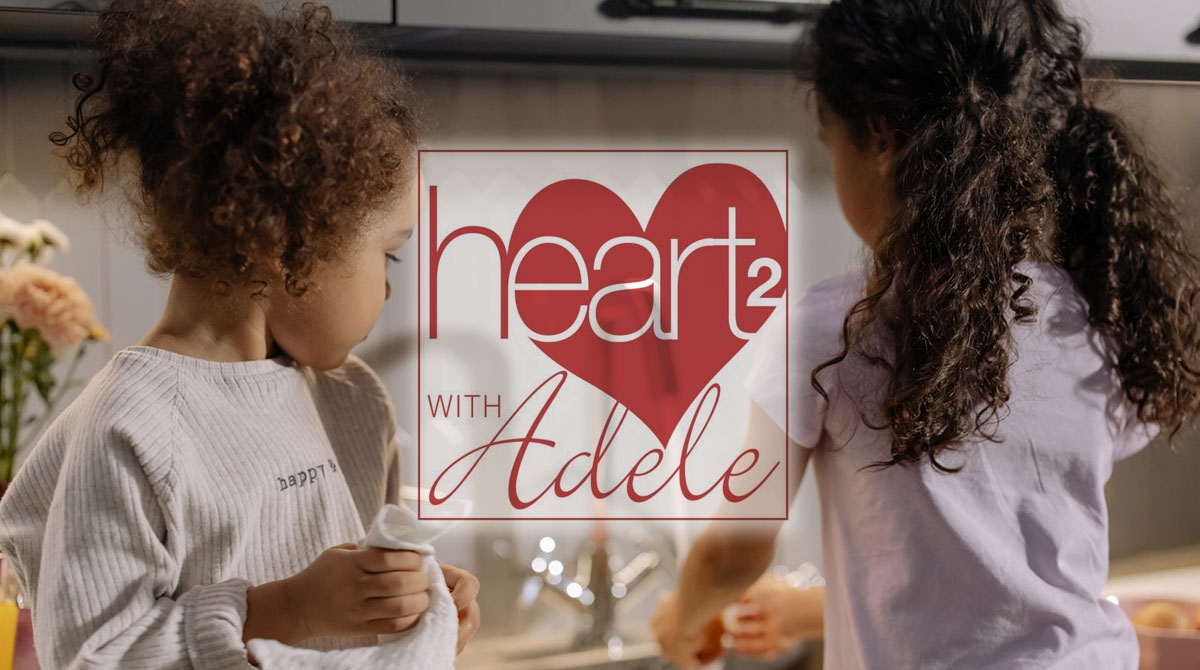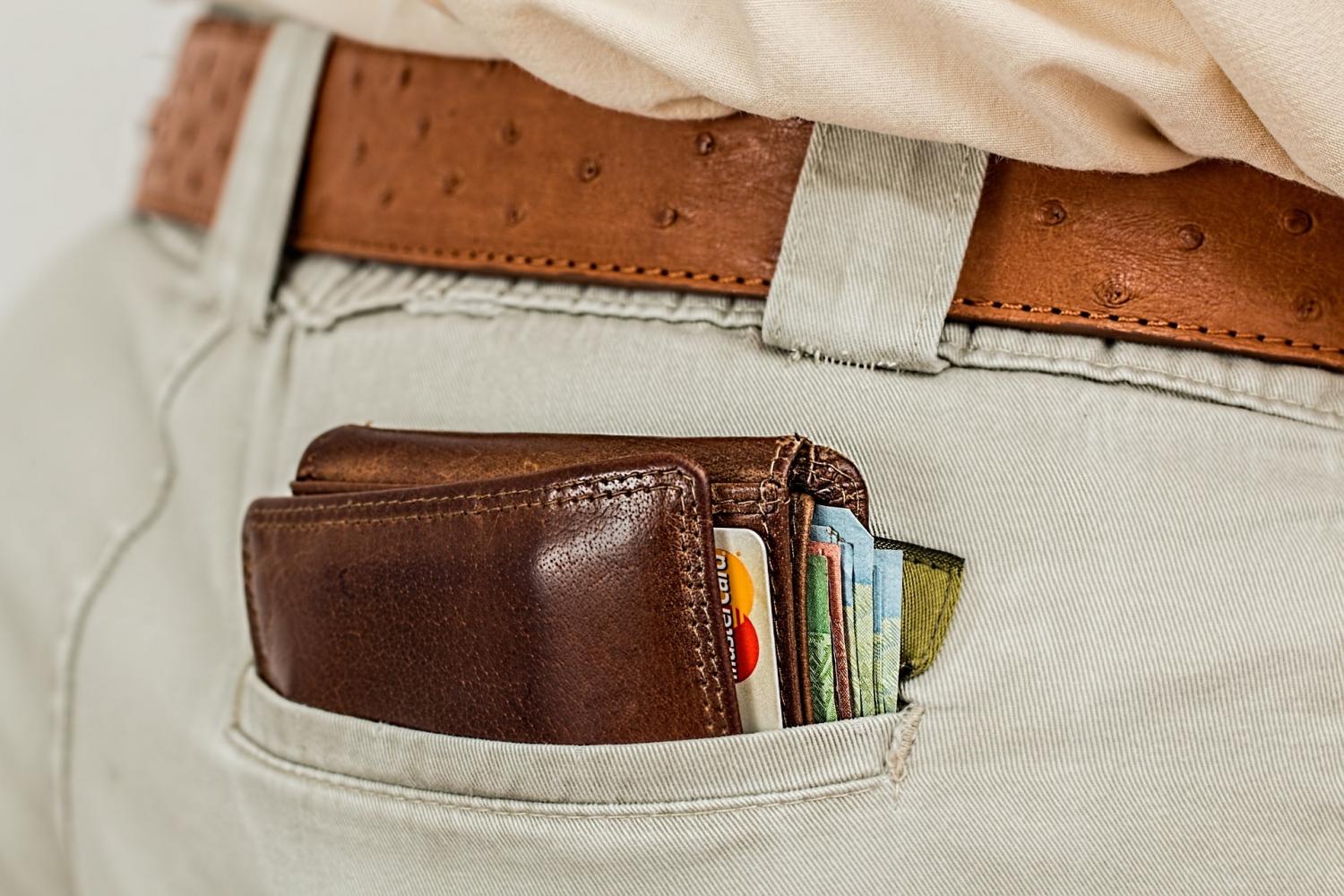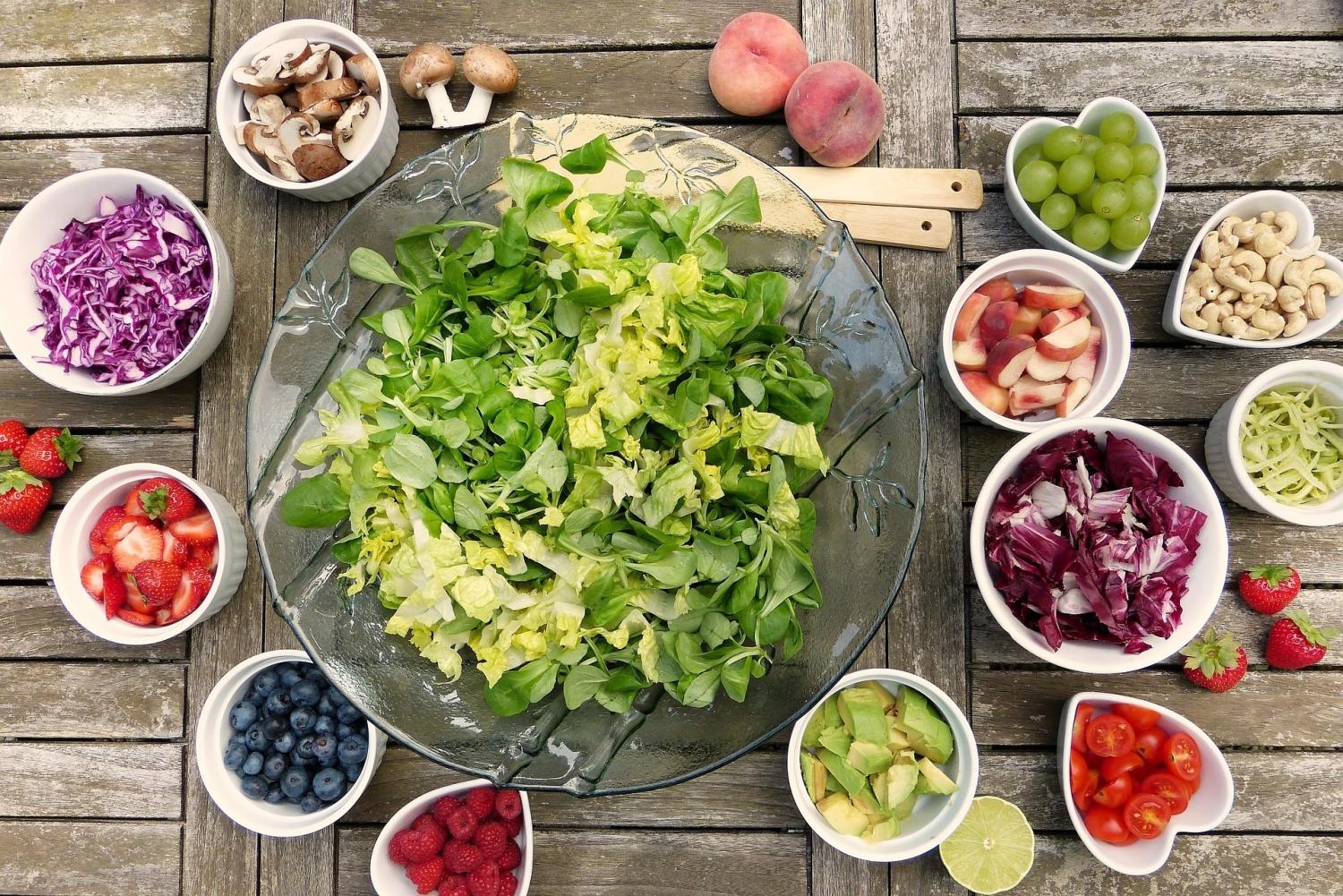
Why children should help out at home
QUESTION
Dear Adele,
I have been a parental observer for some years now, in the role of a grandmother. For the most part, my daughter and her husband are doing a good job, in my opinion. However, I note that the children do very little to be helpful. They seem to spend most of their spare time on their telephones talking to friends, on their devices playing video games or listening to music and watching television. I’m just wondering whatever happened to the notion of chores for children and teaching them to be helpful?
Parental Observer
ANSWER
Dear Parental Observer,
What you are observing in your daughter’s parenting style has become fairly common today. Families are very busy. Children have a lot of extra-curricular activities. Double incomes mean parents can purchase help they need, easier often, than monitoring chores done by children. Many children are growing up without the benefits accrued from lending a hand in the home, on a regular basis.
Teaching children to be helpful, helps our society function well. It improves social interactions within the community or family group. Becoming a helpful child prepares the youngster for being an active member of the adult community, able to participate in the give-and-take of group living.
Emotionally, helpfulness distracts children from their own problems. It gives them a sense of purpose. Positive feedback from others enhances their self-esteem.
Helping others is a way of forming or building a relationship. It shows caring in family and other groups. Helpful children are less selfish, more empathetic and more considerate.
In addition to this, teaching children to be helpful makes them feel grown-up. It prepares them for independent adult living. It gives them good feelings inside and builds competence. Sometimes they get rewarded with a thank you, a returned favour, or a gift.
There are physical benefits to teaching children about helpfulness, as well. Helping others, leads to a more active lifestyle, reduced stress, a boosted immune system and better physical health. Research confirms that helpful people are happier and live longer lives.
Dr. Colleen Russo, co-founder and chief scientist at OK Play, wrote an interesting article called ‘Raise Kind and Helpful Kids by Teaching Them to Support Others.’ She believes parents should start early teaching children about kindness, helpfulness and empathy. She says our very survival as humans depends on cooperation and caring in the groups to which we belong. It is therefore important to point out the needs of others, encourage sharing, and talk about helpfulness.
Ways to teach helpfulness in the family are suggested below:
- Create a list of family goals which includes ways to make each other happy and feel supported.
- Notice others being kind and comment on it.
- Perform random acts of kindness such as shoveling a walk for an elderly person or holding a door open for anyone.
- Praise children when they are being helpful.
- Create a chore list in the home and expect everyone to participate.
- Donate to a food bank.
- Point out the needs of others.
- Write thank you notes.
- Talk about why helpfulness is important.
- Model helpfulness and kindness.
- Volunteer in organizations which help others.
- Enroll your children in organizations which help others.
Useful resources for younger children include the books ‘Franklin Helps Out’ by Paulette Bourgeois and ‘Why Should I Help?’ by Claire Llewellyn. ‘Horton Hears a Who’ by Dr. Seuss is another good one.
A YouTube video entitled ‘Being Helpful/Character Education’ at learning with Jessica Diaz.org suggests parents also teach children when it is not appropriate to be helpful. This could occur when dealing with strangers, when one is short on time or when truth and accountability take precedence.
I will conclude with a few quotations about helpfulness which might serve to inspire you, your daughter or her offspring.
“Be Helpful. When you see a person without a smile, give them yours.” — Zig Ziglar
“We cannot help everyone, but everyone can help someone.” — Ronald Reagan
“No one is useless in this world who lightens the burden of it to anyone else.” — Charles Dickens
Sincerely, Adele
I'm looking forward to your questions! Email me at maryadeleblair@gmail.com and please put Heart to Heart in the subject line. Note that all columns will remain anonymous.
PHOTO: Cottonbro, Pexels









